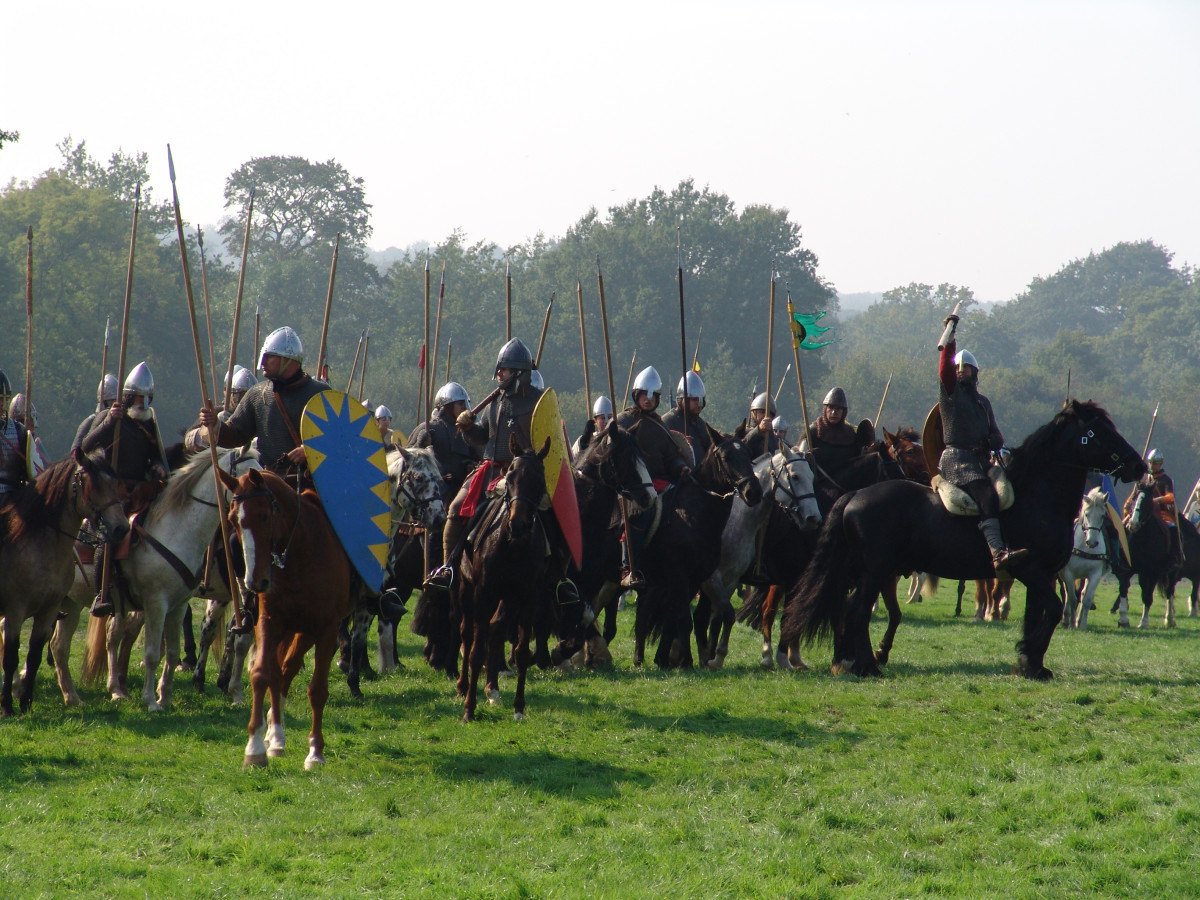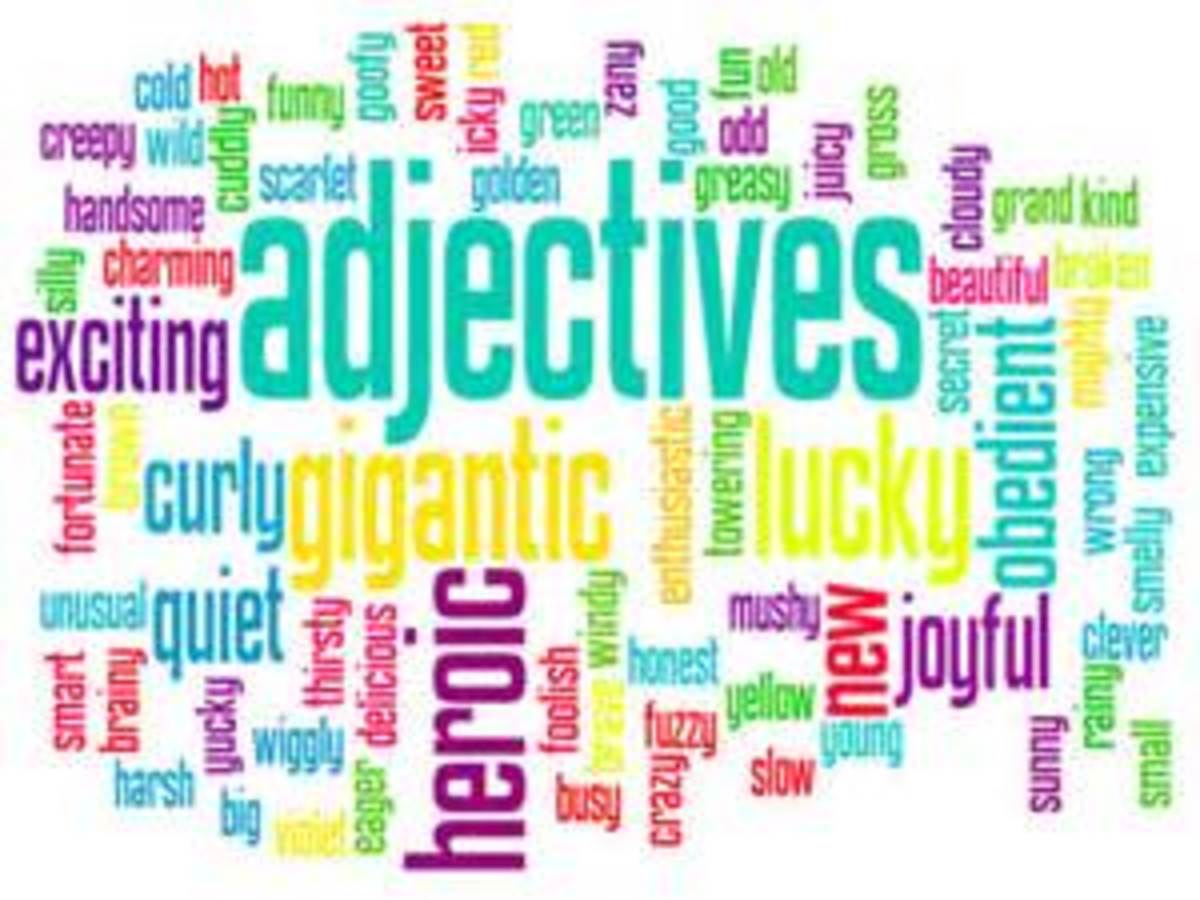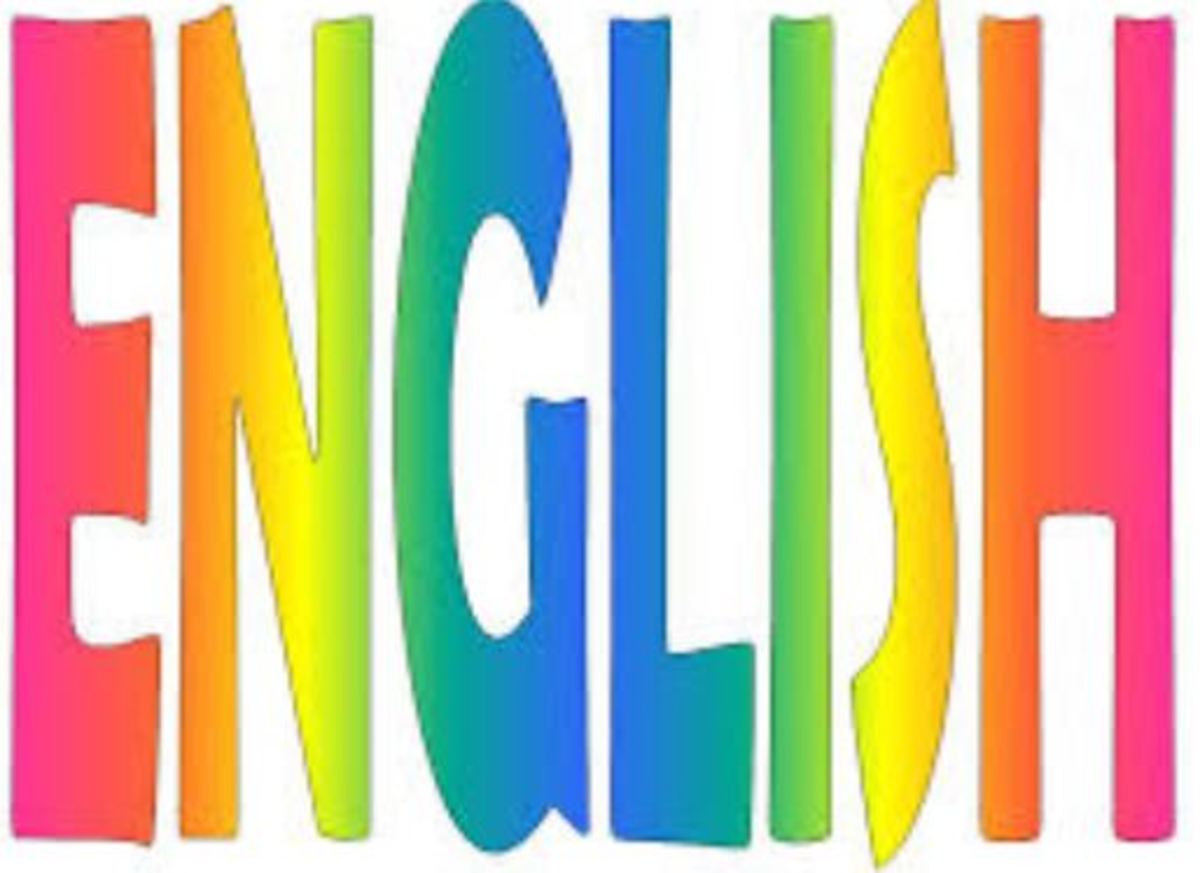Evolution of the English Language - Anglo Saxon to Contemporary English
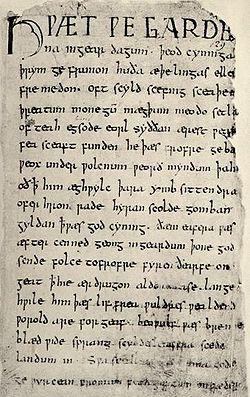
Hwæt! We Gardena in geardagum,
þeodcyninga, þrym gefrunon,
hu ða æþelingas ellen fremedon.
These lines of poetry date back more than a thousand years. No doubt, few of you actually understands this. More than a few may even recognize it. And I'm sure a great many of you would brand me insane if I told you these three lines open the first known piece of writing in the English language.
"English?" you say in disbelief. "Looks more like elvish! Those aren't even English letters!"
You may have heard people say "the language is changing." Possibly, you've heard this in a negative context, as though modern speech is disintegrating before our eyes, throwing us back into the stone age. Language does change, and it will until the people who speak it die off. In the last hundred years, meanings have changed--"gay" no longer means "happy." Grammar has changed--who actually uses the word "whom," or even understands completely how it differs from "who?" Spelling has changed as well, and in cyberspace we have eliminated capitalization, abbreviated "your" as "ur", and introduced £337 $p34|{ (Leet speak). These changes have always taken place in one form or another, but the process of change involves much more than that, and over an entire millennium we've seen our own language become unrecognizable from its early stages.
The opening lines of this article come from the poem "Beowulf." Historians date the document somewhere between the 8th and 11th century. During this time, residents of England spoke Anglo-Saxon (Beowulf is written in the West Saxon dialect), what we now refer to as Old English. (Contrary to what pop culture believes, this has nothing to do with "Ye Olde English Shoppe.") The Roman alphabet influenced the written form of the language, but you can clearly see letters that more resemble Celtic or Norse runes, such as "ð," which makes the "th" sound like in the word "the," and "þ" which makes the "th" sound as in the word "three."
This language belonged to the Germanic tribes who inhabited the British Isles prior to the year 1066. If that date looks familiar, you've probably seen it in middle school history class. This was the year that William of Normandy crossed the English Channel and defeated the English King, Harold Godwinson. William and Harold once were very close, but a confused issue of inheritance broke up the friendship--some sources say with an arrow through Harold's eye. This turned out to be a good career move for William--before being known as William the Conqueror, most people simply called him "William the Bastard."
Incidentally, poor Harold and his accomplishments get left out of the story most often. Three weeks before the Battle of Hastings, Harold fought the Vikings at Stamford Bridge near York, and pretty much sent Norway's navy back home in a few leaky rowboats. Unfortunately, fighting a bloody battle and then racing across an entire country doesn't leave an army fresh for another battle.
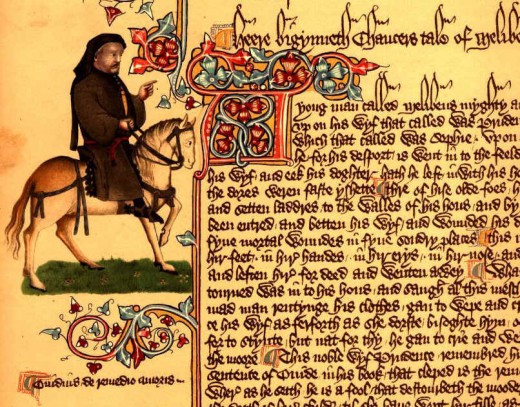
The aftermath of William's conquest left England in a multilingual state. The Norman powers replaced the entire English aristocracy (many of whom died at Hastings), leaving the language of the nobles as Old French. However, the peasants, who didn't possess the privilege of fighting, remained largely unchanged, and continued to speak Anglo-Saxon. Meanwhile, the Church continued to read and write in Latin.
The split between aristocratic French and the common, or "vulgar," English created separate levels of speech which we retain in contemporary English. Our polite words such as "perspirate," "expactorate" and "fornicate," come from the Old French aristocrats' language, while their vulgar counterparts, "sweat," "spit" and "fuck," come from the Anglo-Saxon commoners' language.
All three of these languages began to mix together, and over the next two hundred years or so, it melded together into what we know as "Middle English." Middle English resembles contemporary English in some respects, with similar grammar and vocabulary. While different enough to consider another language, most English readers can understand it well enough. We still read the Canterbury Tales as part of high school curriculum. While many editions have been translated into modern English, his dialect of Middle English isn't difficult to understand. Here is part of Chaucer's prologue:
Whan that aprill with his shoures soote
The droghte of march hath perced to the roote,
And bathed every veyne in swich licour
Of which vertu engendred is the flour;
Whan zephirus eek with his sweete breeth
Inspired hath in every holt and heeth
Tendre croppes, and the yonge sonne
Hath in the ram his halve cours yronne,
And smale foweles maken melodye,
That slepen al the nyght with open ye
(so priketh hem nature in hir corages);
Thanne longen folk to goon on pilgrimages,
And palmeres for to seken straunge strondes,
To ferne halwes, kowthe in sondry londes;
We understand Chaucer--to some extent--because the dialect he spoke is the dialect we inherited. Other Middle English writers, such as William Langland or the Gawaine and the Green Knight poet, wrote in different dialects. While still accessible to modern English speakers, it takes much more brainpower to figure out what they're saying.
That issue leads to another significant change in the language: spelling. For all the spelling tests you took in grade school, you may be upset to find out that there was no "correct" way to spell things until sometime in the 18th or 19th century. Written language represented spoken language, and letters represented sounds. Therefore, the letters merely had to sound like the word, and so they had different spellings in different dialects. Even within a dialect, words didn't maintain a standard spelling. Langland's "Piers the Plowman" contains multiple spellings of the same word several times on a single page.
Furthermore, introduction of the printing press changed the way we spell words. England purchased their first presses from the Dutch, who didn't use the runic letters, prompting printers to make do with what was available. Since many English words had an "e" at the end, sometimes the printers would add extraneous e's just to make a line of type fit in the tray more easily.
By the time of Shakespeare, English had changed enough that we begin to consider it contemporary English. Many people believe Shakespeare wrote in Middle English; this is not true. Shakespeare wrote in iambic pentameter--no one speaks casually in rhythm, so people never actually spoke the way they do in Shakespeare. Shakespeare's English differed from what we speak today, to be sure, but if you read books written two hundred, one hundred, or even fifty years ago, you'll notice they seem different. The feeling you'll get is probably that the language is more formal--being the language your parents impressed upon you, this shouldn't surprise you.
English continues to change. Slang terms, common usage, and cyber-age idioms find their way into the mainstream, and the human brain has a remarkable ability to adapt to the language of the people surrounding them. Far from being a bleak future for English, it is inevitable, but also laudable. Don't let your English teachers fool you: the only thing that makes it "proper" is whether or not someone can understand the sounds you produce. If they can, communication occurs, and the amazing power of language continues.

